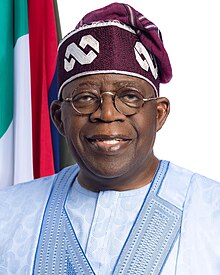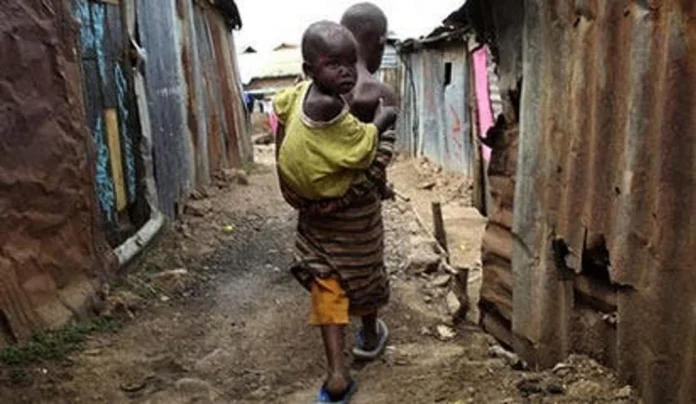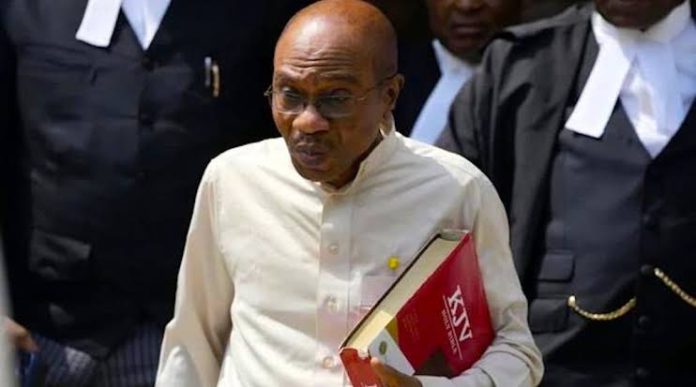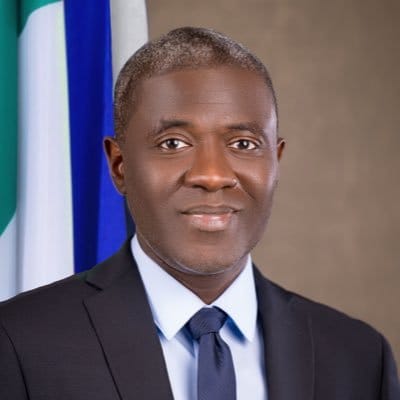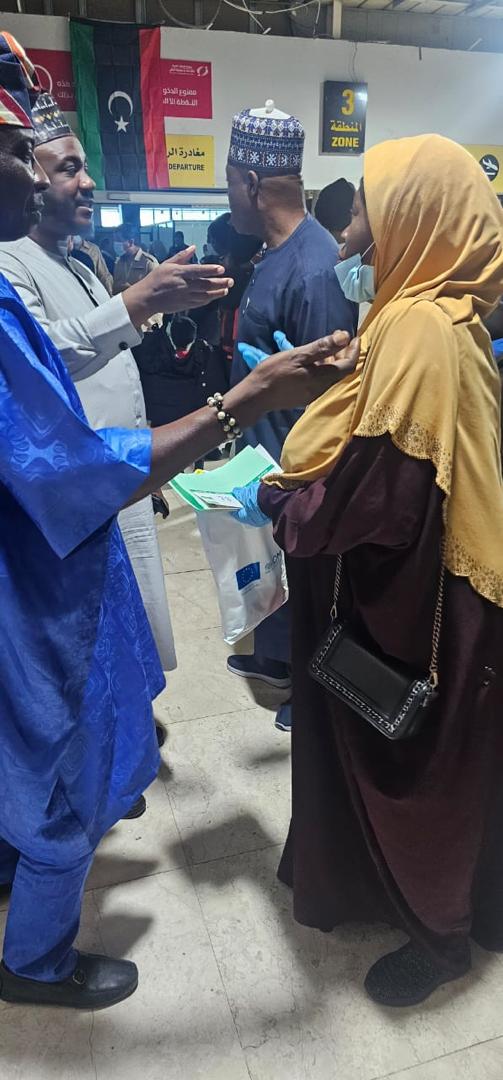Ekiti State Governor, Mr. Biodun Oyebanji has commended the President Tinubu- led Federal Government for his unwavering commitment and support for the development and empowerment of Micro, Small, and Medium Enterprises ,MSMEs, across the country targeted at boosting job creation and youth empowerment.
Governor Oyebanji gave the commendation in Ado-Ekiti on Wednesday while inspecting Ekiti MSME clinic housing the Ekiti Garment Hub, due for Inauguration next week by the Vice- President, Senator Kashim Shettima, describing youth development and job creation as key pillars of his administration’s development agenda.
Speaking with Journalists shortly after inspecting the project, the Governor expressed his gratitude to the President for selecting Ekiti State as one of the few states to benefit from this phase of the Federal Government MSMEs support programme.
Highlighting the economic impact of the growth of MSMEs on the development of the state and the nation’s economy, the Governor said the MSME clinic, which is a fashion and garment hub, would train Ekiti indigene in fashion designing, create more jobs and also improve the living condition of the residents.
He said the hub would also serve as a catalyst for entrepreneur, providing necessary training and resources for individuals to start their businesses, achieve financial independence, and stimulate the economic growth of the state.
Expressing optimism about the future of Nigeria given the current administration’s proactive stance on economic and citizen welfare, the Governor said the President’s continue emphasis on MSMEs and other citizen-focused policies will not only enhance economic resilient but also ensure a better and quality life for all Nigerians.
“This is a project that the Federal Government is undertaking in Ekiti State in collaboration with the State government and we are grateful to the President for choosing Ekiti State as one of the few states that will benefit from this phase of the program and it is consonance with our promise to our people. You understand that job creation and youth development is one of the pillars of which we campaigned, so this hub will train Ekiti indigenes in fashion design, it will create job for them, it will also lead to the improvement in their living condition.
“From this place, life will be changed, and people will come in and learn skills that they can use to develop themselves going forward.
“I just came on inspection of the project as a forerunner to the visit of the Vice- President who will be coming next week Saturday to Inaugurate this project and many more programmes like this will come to Ekiti and we can only be grateful to the president and we don’t have a choice than to continue to support and pray for him”, the Governor said.
The Governor restated the commitment of his administration to creating opportunities for the citizens to utilize their education and God – given talents to enhance their economic growth and development.
On the entourage of the Governor during the inspection were the Speaker, Ekiti State House of Assembly, Rt. Hon Adeoye Aribasoye; Commissioner for Investment, Trade and Industry, Mrs Tayo Adeola and other officials.




